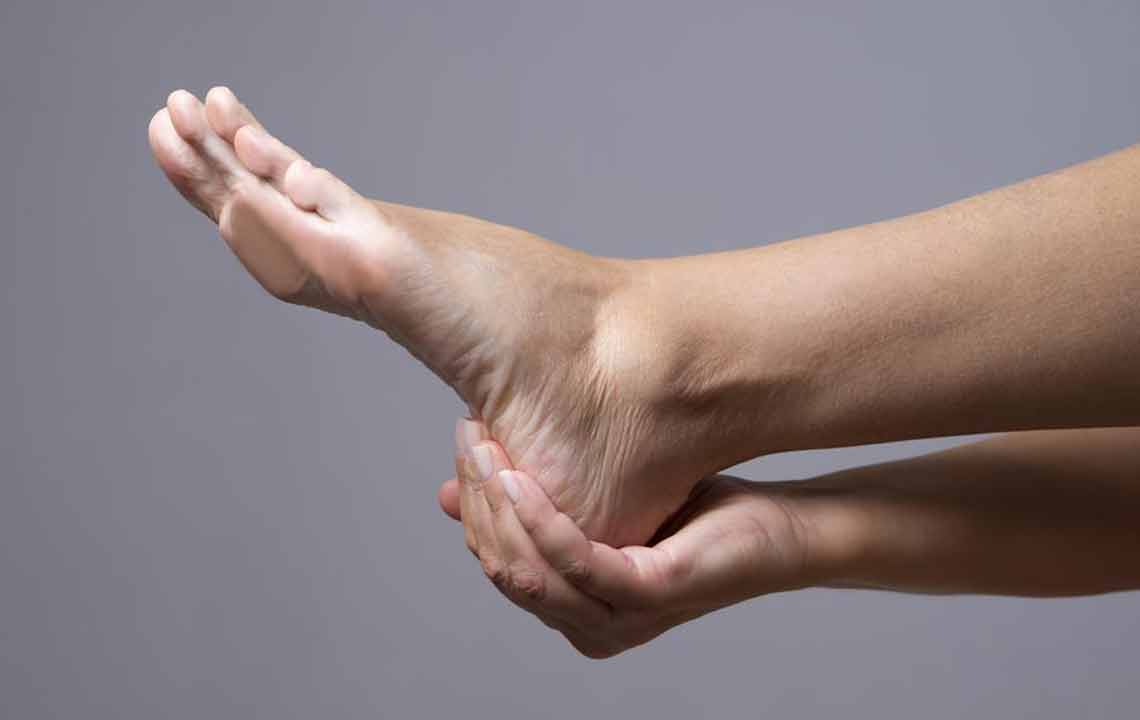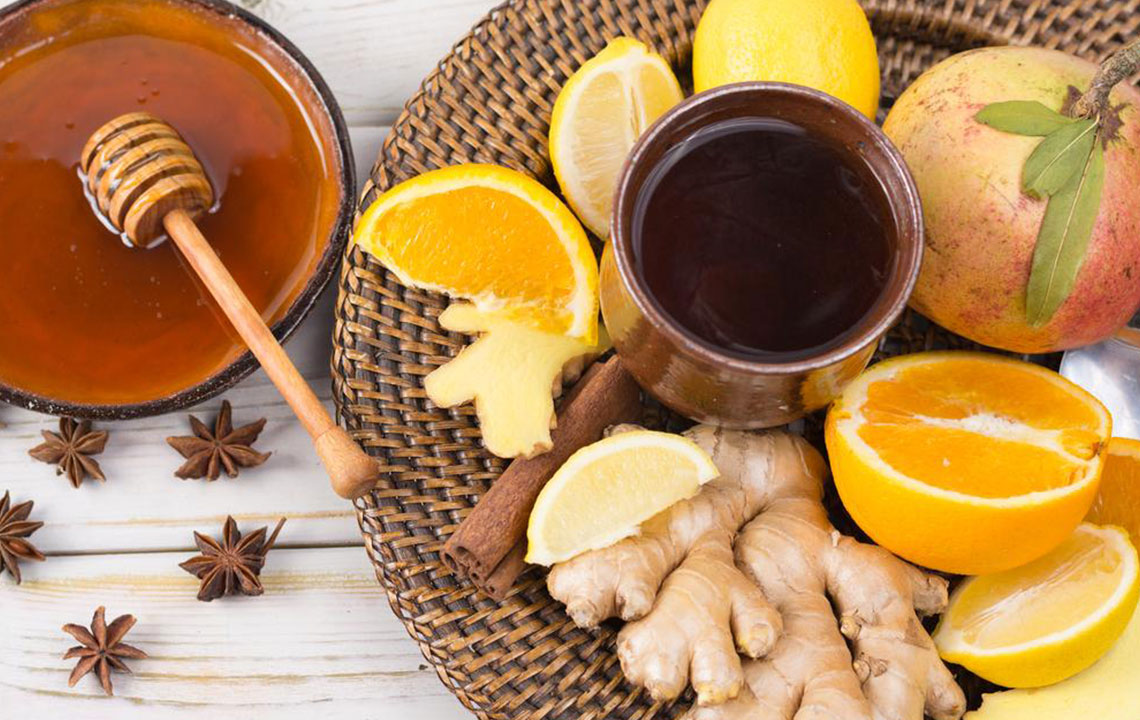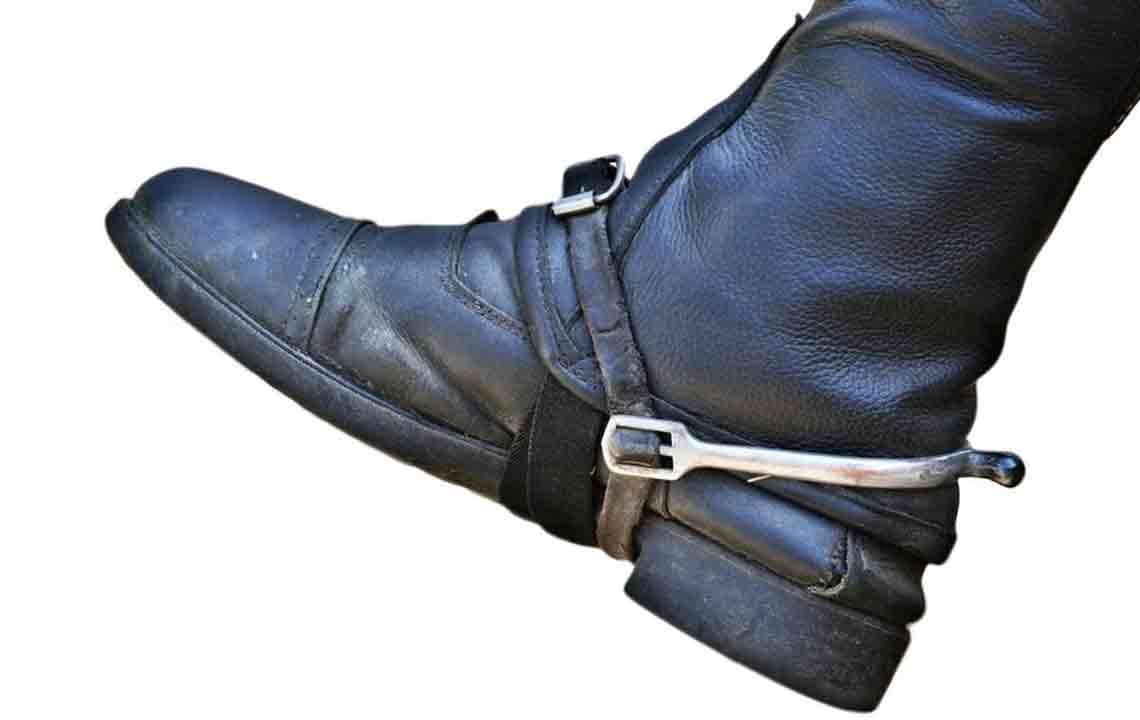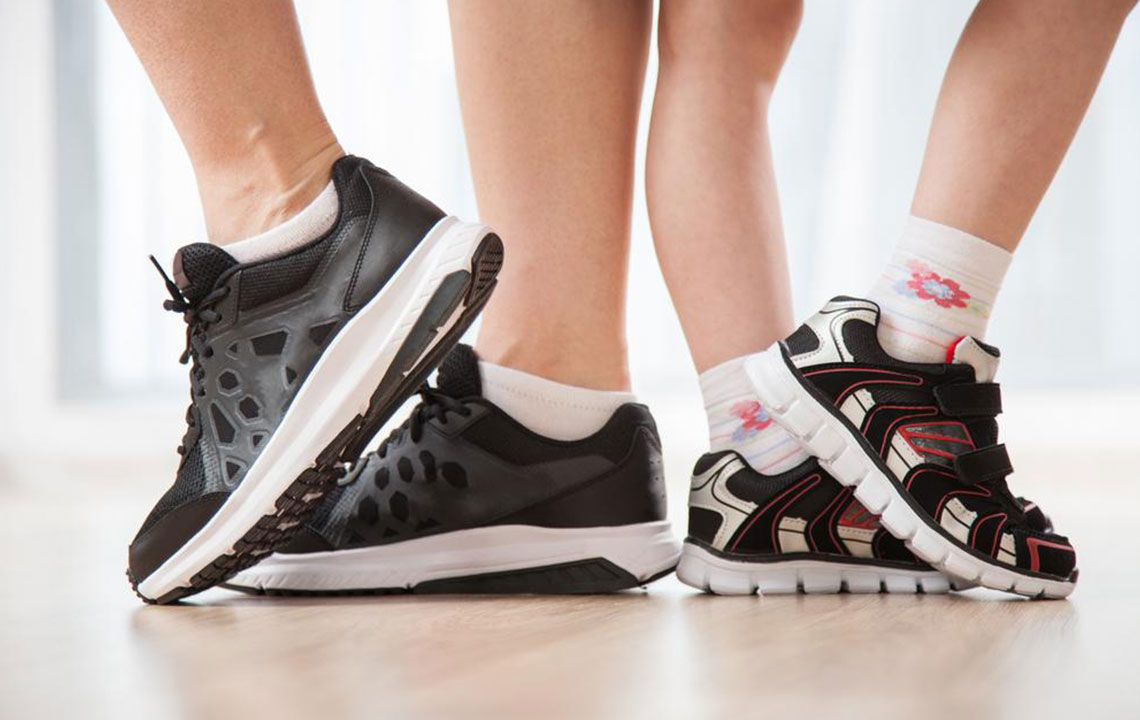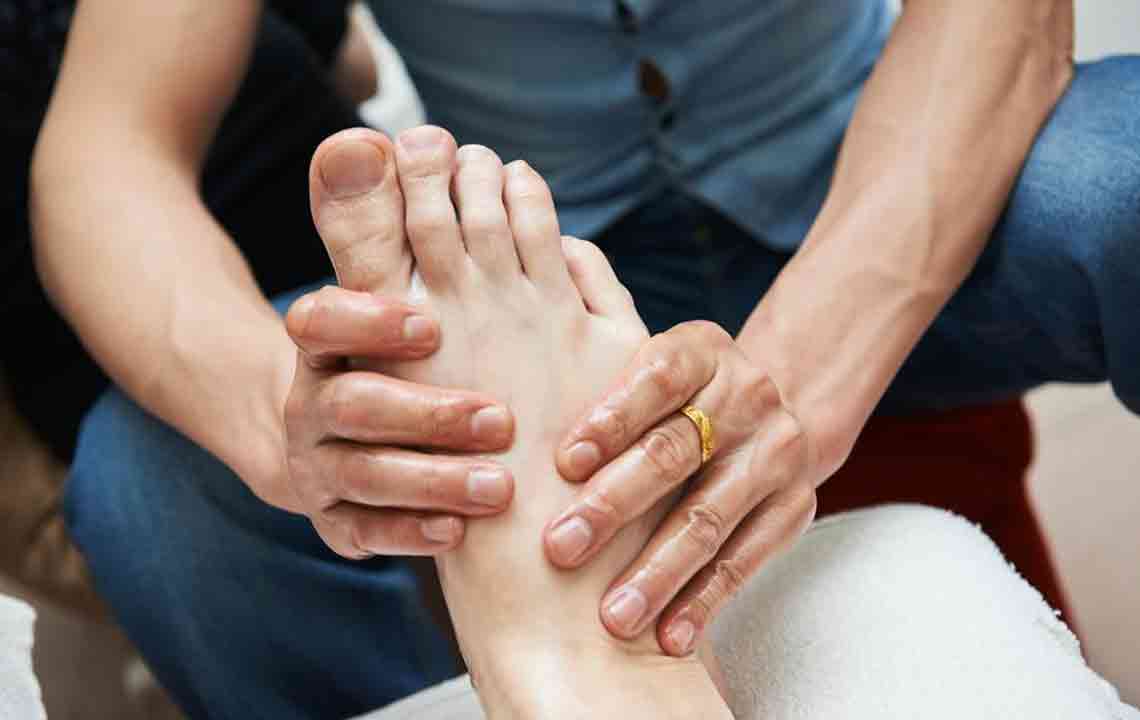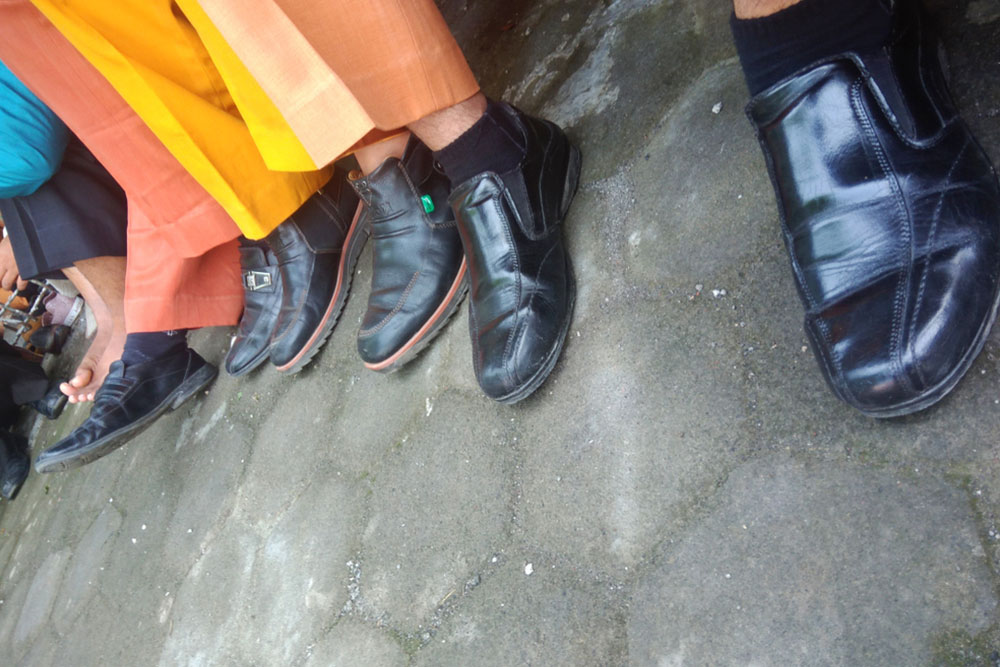Comprehensive Guide to Foot Corns: Causes, Symptoms, and Effective Prevention Strategies
This comprehensive article explores foot corns, their causes, symptoms, and effective prevention methods. Learn how to recognize early signs, choose proper footwear, and seek appropriate treatment to maintain healthy, pain-free feet. Maintaining foot health is essential for mobility, independence, and overall well-being, especially for active individuals. The article emphasizes early detection and consistent foot care to prevent complications and improve quality of life.
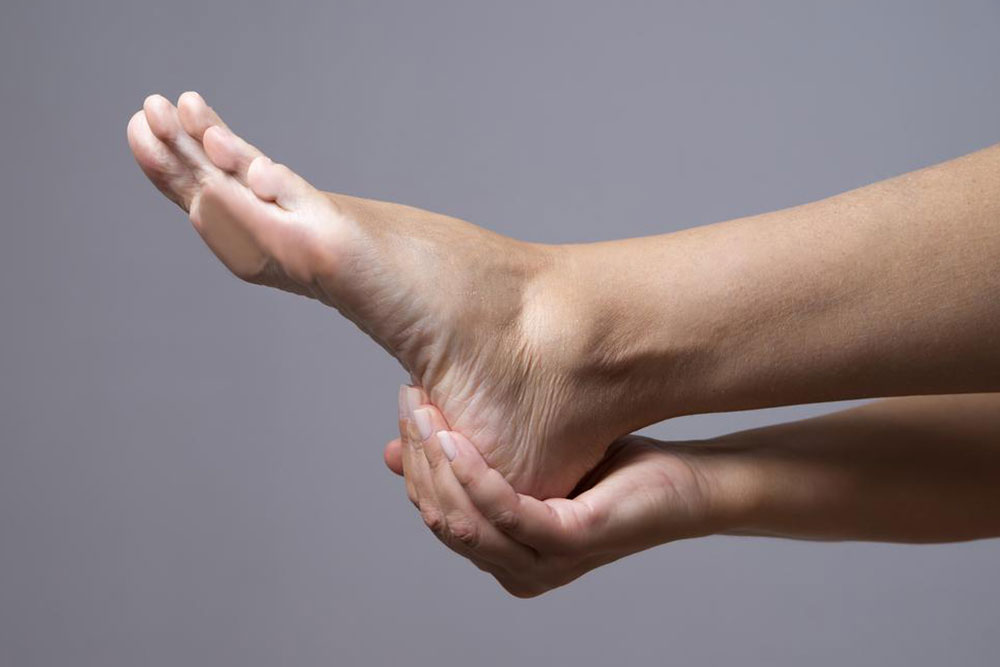
Comprehensive Guide to Foot Corns: Causes, Symptoms, and Effective Prevention Strategies
The human foot is a complex structure designed to support our weight, facilitate movement, and enable us to perform a wide range of activities every day. With its intricate network of bones, muscles, tendons, and skin, it is highly efficient but also vulnerable to various conditions that can interfere with mobility and overall foot health. Among these common foot ailments, corns stand out as a frequent cause of discomfort and reduced mobility. Understanding what causes corns, how to recognize their early signs, and the best ways to prevent and treat them is essential for maintaining healthy, pain-free feet.
Foot problems can be more than mere inconveniences—they can significantly impact our daily lives, especially for individuals who rely heavily on mobility. While some causes of foot pain are related to muscle strains or joint issues, the development of corns accounts for a substantial portion of foot discomfort among adults. Corns are thickened patches of skin that usually develop due to repeated friction or pressure. These hardened areas typically form on or between toes, or on the sides of the foot, often leading to pain, tenderness, and difficulty walking if left unmanaged.
Recognizing the early signs of foot corns is vital to prevent their progression and minimize discomfort. Common symptoms include a rough, thickened patch of skin that appears on specific areas of the foot, such as between the toes or on the soles. These patches often look bumpy or flaky and can be tender when pressed. Early detection allows for prompt intervention, which can include simple home remedies or seeking professional medical advice. The key is to act before the condition worsens, leading to increased pain and difficulty walking.
Causes of corns are often linked to footwear choices. Shoes that are too tight, narrow, or high-heeled tend to exert excessive pressure on certain parts of the foot, causing the skin to thicken as a protective response. Repetitive friction from ill-fitting shoes or poorly designed footwear can lead to the formation of corns. This is especially common among individuals who prioritize style over comfort, wearing fashion-forward shoes that do not fit properly or provide adequate support.
Preventative measures are crucial for those prone to corns or seeking to maintain optimal foot health. The first step is to choose footwear that fits well—look for shoes with enough room in the toe box, proper arch support, and cushioning to absorb shock. Regularly inspecting your feet for early signs of corns or calluses can help catch problems early, making treatment easier and more effective. Additionally, maintaining good foot hygiene and moisturizing the skin can prevent dryness and cracking that exacerbate issues.
If you already have corns, treatments range from over-the-counter remedies such as keratolytic creams to professional interventions like corn removal by a healthcare provider. In some cases, orthotic devices can redistribute pressure and reduce friction, preventing further formation. It's important to avoid attempting to remove corns with sharp objects, as this could lead to infections or injuries. Consulting a podiatrist ensures a safe and effective treatment plan tailored to your specific needs.
Ultimately, prioritizing foot health through proper footwear, attentive hygiene, and early treatment can significantly improve mobility and comfort. Maintaining healthy feet is not just about avoiding discomfort—it's essential for preserving independence and quality of life. Whether you're an athlete, a busy professional, or someone who simply appreciates the comfort of walking without pain, understanding and caring for your feet is vital. Simple daily habits and mindful footwear choices can go a long way in preventing the development of corns and ensuring your feet stay healthy and functional for years to come.
